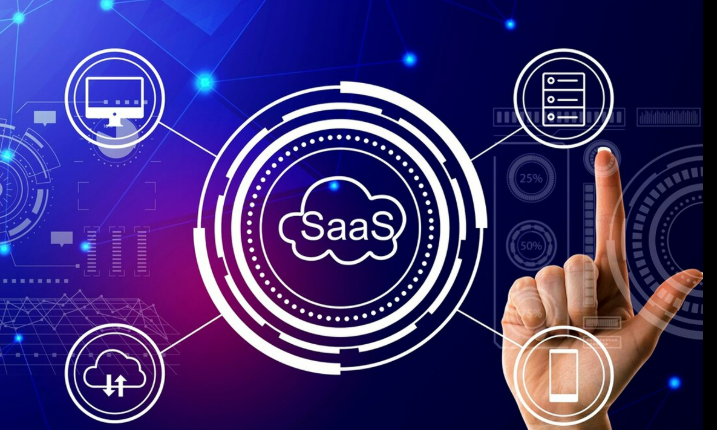HRTech SaaS: Revolutionizing Human Resources with Cloud Solutions
In the evolving world of work, Human Resources Technology (HRTech) powered by Software as a Service (SaaS) has become a game-changer for organizations of all sizes. By offering cloud-based, scalable solutions, HRTech SaaS tools streamline processes, improve data accessibility, and enhance employee experiences.
What is HRTech SaaS?
HRTech SaaS refers to cloud-based software applications designed to automate and enhance HR functions such as recruitment, payroll, benefits management, training, and performance evaluation. Unlike traditional on-premise solutions, SaaS platforms are accessible from anywhere and typically require no installation or heavy IT infrastructure.
Key Features of HRTech SaaS
- Cloud Accessibility
HR teams and employees can access platforms anytime, anywhere, using any device with an internet connection. - Automation of Core HR Processes
Tasks like onboarding, payroll processing, and compliance tracking are automated, saving time and reducing errors. - Data Centralization and Analytics
SaaS platforms centralize HR data, enabling robust analytics and reporting for informed decision-making. - Scalability
SaaS solutions can scale with an organization, accommodating growth without requiring new installations or hardware upgrades. - Integration Capabilities
Many HRTech SaaS platforms integrate seamlessly with other business tools like ERP systems, project management software, and communication platforms.
Benefits of HRTech SaaS
1. Cost-Effectiveness
SaaS models operate on subscription pricing, eliminating the need for costly upfront infrastructure investments.
2. Enhanced Employee Experience
Self-service portals allow employees to manage tasks like updating personal information, accessing benefits, or tracking time-off requests, boosting engagement and satisfaction.
3. Improved Compliance
With automated alerts and regular updates, SaaS tools help organizations stay compliant with labor laws and regulations.
4. Real-Time Insights
HR analytics provide actionable insights into workforce trends, aiding in strategic planning and decision-making.
5. Agility and Innovation
Frequent updates and feature rollouts ensure organizations have access to the latest HR technologies and tools.
Popular Applications of HRTech SaaS
- Recruitment and Talent Acquisition
- AI-driven platforms for candidate sourcing, resume parsing, and interview scheduling.
- Example: LinkedIn Talent Hub, Workday Recruiting.
- Payroll and Benefits Administration
- Automating payroll calculations, tax compliance, and benefits management.
- Example: Gusto, Paychex.
- Employee Engagement
- Tools for conducting surveys, pulse checks, and managing feedback.
- Example: Culture Amp, Qualtrics.
- Learning and Development
- Platforms offering online courses, skill tracking, and certifications.
- Example: Cornerstone OnDemand, SAP SuccessFactors.
- Performance Management
- Real-time performance reviews, goal setting, and 360-degree feedback systems.
- Example: BambooHR, Lattice.
Challenges in Adopting HRTech SaaS
- Data Security Concerns
Storing sensitive HR data in the cloud requires robust security measures and compliance with data protection regulations. - Resistance to Change
Employees and HR teams may resist transitioning to new systems, highlighting the need for adequate training and support. - Vendor Lock-In Risks
Dependence on a single provider may limit flexibility and future migration options. - Customization Limitations
While SaaS solutions are highly configurable, they may not meet unique organizational requirements without additional development.
The Future of HRTech SaaS
- AI Integration: Advanced analytics, predictive modeling, and AI-driven automation will further revolutionize HR functions.
- Personalization: SaaS platforms will focus on tailoring experiences to individual employee needs.
- Remote Work Optimization: Features to support hybrid and remote work setups will remain a priority.
- Sustainability: SaaS platforms will integrate tools to measure and enhance organizational sustainability practices.
Conclusion
HRTech SaaS is transforming human resources by combining the power of cloud computing with modern HR practices. It empowers businesses to enhance efficiency, make data-driven decisions, and deliver better employee experiences. As the workforce continues to evolve, adopting HRTech SaaS solutions will be crucial for organizations looking to remain competitive and agile.

